Locks are security devices. Lock manufacturers provide locks and lock systems to customers looking to secure and prevent burglary and vandalism. Some of those items and areas that lock hardware protect include safes, lock boxes, luggage, furniture cabinets, gates, factories, and commercial and residential buildings. Read More…
At Schlage, we take pride in designing and manufacturing locks that combine security, innovation, and craftsmanship. Since our founding in 1920, we have been committed to protecting what matters most by creating reliable door hardware that blends functionality with style.

At Yale, we take pride in being one of the world’s most trusted names in locks and security solutions. For over a century, we have designed and manufactured innovative locking systems that safeguard homes, businesses, and institutions worldwide. Our expertise spans from traditional mechanical locks to cutting-edge smart lock technologies, ensuring reliability, durability, and ease of use in...

At Weiser, we take pride in crafting locks that blend security, style, and innovation. For generations, we have designed products that protect homes and businesses while complementing their aesthetic. Our locks are engineered for lasting performance, offering precision mechanisms and advanced finishes that stand up to daily use.

At Kwikset, we are committed to providing innovative locking solutions that combine security, style, and convenience. We design and manufacture a wide range of residential and commercial locks, including deadbolts, handle sets, electronic locks, and smart lock systems. Our products are engineered to meet the highest standards of safety while complementing the aesthetics of modern homes and...
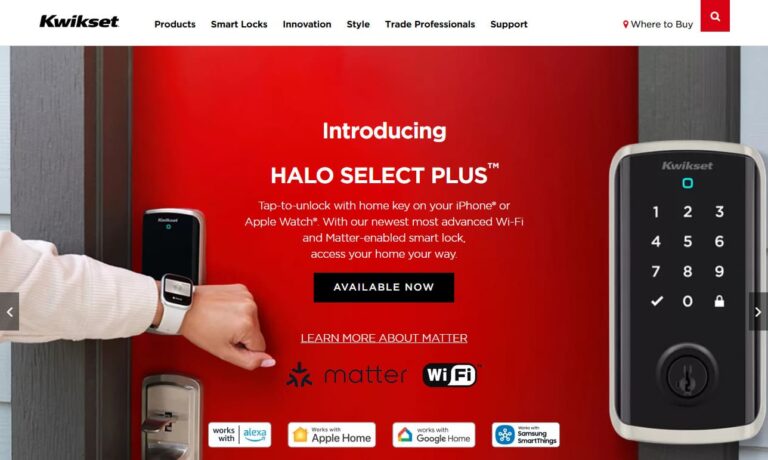
At Corbin Russwin, we take pride in designing and manufacturing locks that deliver the highest standards of security, durability, and performance. Our expertise in architectural hardware and access control solutions allows us to create locking systems that meet the diverse needs of commercial, institutional, and industrial environments.

More Lock Manufacturers
History of Locks
Locks have played a crucial role in human security and privacy for thousands of years, evolving alongside advancements in engineering and technology. The earliest known lock and key set was unearthed in the ancient ruins of Nineveh, the capital of Assyria, dating back to around 4000 BC. This primitive pin lock design, which provided basic security through a wooden mechanism, was later adopted and adapted by various Mesopotamian civilizations, such as the Babylonians, Akkadians, and Sumerians. Their innovations laid the groundwork for future developments in lock technology.
Ancient Egyptians further advanced lock design by introducing wooden pin tumbler locks mounted directly on doors with a wooden post. This system featured a key and a flat bolt with vertical openings and corresponding pins. To unlock the door, the correct key would be inserted, lifting the pins to allow the bolt to slide free from the post. These early locks, though simple, were effective for their time and reflect the ongoing human desire for secure entry systems.
The Romans brought significant improvements to lock manufacturing by introducing metal locks, typically using iron for the locks and bronze for the keys. As a result, more ancient keys have survived than locks themselves. The Romans are also credited with refining the warded lock, although some historians believe the warded lock’s invention may be attributed to either Theodorus of Samos in the 6th century BC or later British craftsmen. By the late 9th century AD, all-metal warded locks had become widespread in Europe.
The 18th and 19th centuries marked a period of rapid advancement in lock engineering, fueled by the Industrial Revolution. Locksmiths gained access to improved materials and manufacturing techniques, enabling them to create more complex, secure, and reliable locks with higher consistency. In 1778, Robert Barron of England introduced the double-acting lever tumbler lock, a significant leap in lock security. Joseph Bramah, a renowned London lock manufacturer, earned fame for producing intricate and virtually unpickable locks, setting new standards for the security industry.
The momentum continued into the 19th century, with inventors like Jeremiah Chubb, who, in 1818, transformed Barron’s design into the Chubb detector lock—a virtually unbreakable mechanism. Notably, the Chubb lock featured a regulator that would trip if tampered with, making it inoperable until reset with a specialized key. This innovation was so successful it won a British government competition for secure locking mechanisms.
Other important inventions include Abraham O. Stansbury’s double-acting pin tumbler lock in 1805, the Chubb brothers’ burglar-proof safe lock in 1835, Linus Yale Sr.’s improved double-acting pin tumbler lock in 1848, and James Sargent’s key-changeable combination lock in 1857. These milestones contributed to the evolution of modern lock technologies, influencing both residential and commercial security solutions.
Throughout most of the 20th century, lock mechanisms remained fundamentally unchanged, with improvements focused on manufacturing precision, speed, and quality. However, the late 20th century saw the rise of electronic and programmable locks. In 1975, Norwegian engineer Tor Sørnes patented the VingCard—the first programmable electronic keycard lock, revolutionizing hotel and commercial building access control. Since then, electronic locks have become commonplace in workplaces, hospitality, and high-security environments.
Today’s lock industry continues to evolve rapidly with the integration of advanced security technologies such as biometrics, RFID (Radio Frequency Identification) tagging, and digital key systems. Modern locks can be operated via smartphones, voice commands, or remotely through smart home systems. For example, Android devices often feature OEM lock and unlock capabilities to protect user data during reboots. Despite these innovations, traditional mechanical locks remain in widespread use, offering reliable and cost-effective security. The future of lock manufacturing promises even greater connectivity, automation, and security features, ensuring the industry remains at the forefront of safety technology.
Lock Design
A lock is a mechanical or electronic security device designed to restrict access to a door, container, or enclosure. Locks are typically operated with a key, access code, digital credential, or biometric identifier. The primary function of a lock is to prevent unauthorized entry, theft, or tampering, making them essential for residential, commercial, industrial, and institutional security.
Leading lock manufacturers engineer locking systems to meet rigorous industry standards or to fulfill specific custom requirements. They offer a wide selection of standard products—such as deadbolts, cylinder locks, and electronic access control systems—as well as bespoke solutions tailored for unique applications. The choice of lock design often depends on several key factors, including the required level of security, compatibility with existing hardware, ease of use, and integration with other security systems.
When evaluating lock solutions for homes, businesses, or industrial facilities, it is important to consider:
- Security Level: What is the threat profile? Is resistance to picking, drilling, or forced entry required?
- Portability: Is a portable lock, such as a padlock or cable lock, necessary for your application?
- Durability: Will the lock be exposed to outdoor elements, high traffic, or harsh environments?
- User Access: How many individuals require access, and how frequently?
- Access Speed: Does the application demand rapid entry, such as in emergency exits or high-traffic areas?
- Integration: Should the lock work with existing access control, alarm, or smart home systems?
Choosing the best lock for your needs can be challenging given the wide array of options. For expert guidance, consult a reputable lock supplier or security consultant who can evaluate your requirements and recommend the most suitable solutions. Many manufacturers provide comprehensive support, including product selection, installation advice, and after-sales service.
Types of Locks
Locks can be classified into three primary categories based on their operating mechanisms: mechanical locks, electronic locks, and biometric locks. Each category serves distinct use cases and is designed to meet various security needs, making it essential to understand the differences when selecting the right lock for your application.
Mechanical Locks
Mechanical locks are the most prevalent type of security hardware used in residential, commercial, and institutional settings. These locks are typically constructed from high-strength metals and are operated by a physical key or a mechanical combination. Common examples include deadbolts, mortise locks, lever tumbler locks, and padlocks. Mechanical locks are favored for their durability, reliability, and resistance to electronic tampering. They are found on entry doors, interior doors, gates, safes, lockers, and many other secure enclosures.
Electronic Locks
Electronic locks utilize digital technology to control access, eliminating the need for traditional metal keys. Instead, these locks operate with keycards, PIN codes, RFID fobs, or smartphone credentials. Electronic locking systems often feature automatic locking, audit trails, time-based access control, and remote management—making them ideal for businesses, hotels, and facilities with high turnover or changing security needs. Examples include keypad locks, smart locks, and hotel keycard systems. With user-friendly programming and integration capabilities, electronic locks offer enhanced convenience and adaptability for modern security requirements.
Biometric Locks
Biometric locks provide the highest level of security by utilizing unique physical characteristics—such as fingerprints, retina patterns, or voice recognition—for authentication. These advanced systems are commonly employed in high-security environments, including government buildings, data centers, banks, and laboratories. Biometric locks are valued for their accuracy, convenience, and the difficulty of circumvention. While typically more expensive than mechanical or electronic locks, they represent the cutting edge of personal and facility security.
Miscellaneous Locks
Within these primary categories, there is a diverse range of specialized lock types designed for unique applications:
- Padlocks: Portable locks with a shackle that can be secured to chains, hasps, or other fixtures. Used for gates, lockers, toolboxes, and outdoor storage.
- Cylinder locks: Versatile locks where the key operates a cylinder; commonly used in residential doors and cabinets.
- Mortise locks: Robust, high-security locks installed within a mortised pocket in the door; ideal for commercial and exterior doors.
- Deadbolts: Heavy-duty locks featuring a solid bolt that extends into the door frame, providing strong resistance against forced entry.
- Spring bolt locks: Similar to deadbolts, but the bolt is spring-loaded and can open with pressure; used in latch mechanisms.
- Warded locks: Traditional locks utilizing notched keys that align with wards inside the lock; found in antique furniture and historical buildings.
- Cam locks: Compact locks used in cabinets, mailboxes, vending machines, and enclosures; operated by a key turning a cam to secure or release the lock.
- Vending machine locks: Purpose-built locks designed to prevent unauthorized access to vending machines and associated cash storage.
- Luggage locks: Small locks (often combination or keyed) that secure zippers or clasps on suitcases, backpacks, and travel bags.
- Bike locks: Includes cable locks, U-locks, and chain locks for securing bicycles against theft.
- Child safety locks: Plastic or metal devices used to restrict access to cabinets, drawers, or appliances, enhancing home safety for young children.
- Window locks: Devices designed to secure windows against unauthorized opening; often used as an additional layer of residential security.
- Pound locks: Specialized mechanisms for regulating water flow and vessel passage in canal systems.
- Strap locks: Used by musicians to secure guitar straps and prevent accidental detachment during performances.
- Combination locks: Locks that require entry of a specific sequence of numbers or letters to open, commonly used on lockers and safes.
- Lever tumbler locks: Employs a series of levers to prevent the bolt from moving; the proper key lifts each lever to the correct height.
- Disc tumbler locks: Utilize rotating slotted discs; highly resistant to picking and often used in high-security environments.
- Wafer tumbler locks: Found in vehicles and cabinetry; uses flat wafers instead of pins or levers for locking.
- Sidebar locks: Advanced systems using radial keys and code bars, typically found in high-security applications.
- Cable locks: Flexible steel cables with integrated locks; ideal for securing larger outdoor equipment or multiple items simultaneously.
- Magnetic key locks: Modern locks using magnetic forces to align pins or tumblers; gaining traction for their pick-resistance and convenience.
Each lock type offers unique advantages and is best suited for specific applications, whether you need basic deterrence or high-security protection. For further information about specialized locks, explore our detailed guides on mortise locks and cam locks.
Applications and Use Cases for Locks
Locks are foundational to security across a wide range of environments and industries. Understanding the right lock for your application is essential for maximizing safety, compliance, and convenience. Here are some common use cases:
- Residential Security: Entry doors, interior doors, gates, garages, windows, and safes. Homeowners typically prioritize reliability, ease of use, and aesthetic integration.
- Commercial and Industrial Security: Office buildings, warehouses, retail stores, factories, and schools require robust locking systems, often integrating electronic access control and audit features.
- Automotive Security: Car door locks, ignitions, and glove compartments; manufacturers often utilize wafer tumbler and sidebar lock mechanisms.
- Institutional and Government Security: Facilities such as hospitals, military bases, and data centers rely on biometric and electronic locks for restricted access and regulatory compliance.
- Hospitality Industry: Hotels and resorts use programmable keycard systems and digital locks for efficient guest management and security.
- Retail and Vending: Display cases, vending machines, and point-of-sale storage require specialized locks to prevent theft and unauthorized access.
- Transportation and Travel: Luggage, lockers, and bicycle locks provide portable security solutions for travelers and commuters.
- Personal Safety: Child safety locks, cabinet locks, and window locks protect against accidents and unauthorized access within homes and care facilities.
Are you looking for lock solutions tailored to your specific industry? Contact us for recommendations or explore our comprehensive lock manufacturer directory.
Benefits of Choosing the Right Lock
Investing in the appropriate lock delivers several tangible benefits:
- Enhanced Security: Prevents unauthorized access, theft, and tampering, protecting property and sensitive assets.
- Peace of Mind: Knowing your home, business, or belongings are secure reduces stress and anxiety.
- Compliance: Many industries require specific security measures to meet insurance or regulatory standards; the right lock ensures compliance.
- Convenience: Modern locks—especially electronic and smart variants—streamline access management, especially for multiple users or high-traffic facilities.
- Customization: Leading manufacturers offer custom lock designs to fit unique architectural or operational requirements.
- Integration: Advanced locks can be integrated with surveillance systems, alarms, and smart home ecosystems for holistic security solutions.
Curious about which lock is best for your use case? Ask our experts or use our lock selector tool to compare options.
Key Factors to Consider When Selecting a Lock Manufacturer
For reliable protection and long-term satisfaction, partnering with the right lock manufacturer or supplier is crucial. Here are essential factors to keep in mind during your evaluation process:
- Product Range: Does the manufacturer offer a comprehensive selection of locks, including mechanical, electronic, and specialty products?
- Customization Capabilities: Can they design and produce custom solutions tailored to your unique requirements?
- Industry Expertise: Does the company have experience serving your specific sector (e.g., hospitality, automotive, government, commercial, or residential)?
- Quality Assurance: Are products tested to meet industry standards (such as ANSI/BHMA, UL, or ISO certifications)?
- Support Services: What level of pre-sales consultation, installation guidance, and after-sales support is available?
- Reputation and Reviews: What do other customers say about their products, reliability, and customer service?
- Price and Value: Does the manufacturer offer competitive pricing without compromising on quality or security?
Not sure where to begin? Compare top-rated lock manufacturers and read customer reviews to make an informed decision.
While some manufacturers offer a broad range of lock systems for various industries, others specialize in niche applications such as automotive engineering, commercial facilities, jewelry stores, or recreational equipment. Be sure to choose a partner whose expertise aligns with your security objectives.
Remember: there is no universal “best lock.” The ideal choice depends on your specific application, required security level, and aesthetic preferences. For example, complex multi-point locking systems may be unnecessary for interior doors or low-risk areas, while exterior entry points demand higher resistance to tampering and forced entry.
On this page, you can browse a curated list of trusted lock manufacturers. We recommend reviewing their product lines and services, then selecting three or four companies to contact for quotes and consultations. Ask about their experience with projects similar to yours, and compare their recommendations, warranties, and service offerings. Once you’ve identified the best fit, reach out to confirm their availability and support options before making your purchase.
Frequently Asked Questions: Choosing and Using Locks
- What type of lock is best for exterior doors? Exterior doors typically require high-security solutions such as deadbolts, mortise locks, or smart locks with reinforced strike plates. Look for products rated for resistance to picking, drilling, and forced entry.
- How can I improve the security of my existing locks? Upgrades may include installing additional deadbolts, reinforcing strike plates, or replacing standard cylinders with high-security variants. Consider consulting a locksmith for a security assessment.
- What are the advantages of electronic and smart locks? Electronic and smart locks offer keyless entry, remote control, user management, and integration with home automation or surveillance systems. They are ideal for properties with multiple users or frequent visitors.
- What is the difference between a cylinder lock and a mortise lock? Cylinder locks are easier to install and replace, while mortise locks offer higher security and durability. Mortise locks are often used in commercial properties and high-traffic areas.
- How do I choose a lock for my business? Consider the number of users, access control needs, regulatory requirements, and integration with other security systems. Consult with a professional security supplier for tailored recommendations.
- Can locks be rekeyed or reprogrammed? Yes, many mechanical locks can be rekeyed, and electronic locks can be reprogrammed to maintain security after personnel changes or lost keys.
- Where can I buy high-quality locks? Explore our lock manufacturer directory to find reputable suppliers and compare product offerings.
If you have more questions or need personalized recommendations, contact our support team or request a quote from leading lock manufacturers in your area.
Lock Industry Trends and Innovations
The global lock industry is continuously evolving, driven by advancements in materials science, electronics, and smart technology. Here are some of the latest trends shaping the future of lock manufacturing and security:
- Smart Locks and IoT Integration: The adoption of smart locks is rapidly increasing in both residential and commercial markets. These devices offer remote control, real-time monitoring, and seamless integration with smart home platforms like Amazon Alexa, Google Home, and Apple HomeKit.
- Biometric Authentication: Fingerprint, facial, and voice recognition technologies are becoming more affordable and widespread, providing higher levels of security and user convenience.
- Mobile Access Solutions: Many locks now support Bluetooth and NFC, allowing users to unlock doors with their smartphones or wearable devices.
- Cloud-Based Access Management: Enterprise and property managers are leveraging cloud platforms to manage user permissions, access logs, and security alerts from anywhere in the world.
- Sustainable Materials and Manufacturing: Eco-friendly lock solutions use recyclable materials and energy-efficient manufacturing processes to minimize environmental impact.
- Increased Focus on Cybersecurity: As locks become more connected, manufacturers are prioritizing cybersecurity features to protect against hacking and unauthorized remote access.
Want to stay updated on the latest in lock technology? Sign up for our newsletter to receive news, product releases, and security tips from industry experts.
Start Your Search for a Trusted Lock Manufacturer
Ready to upgrade your security or find the ideal lock for your application? Take the next step by exploring our extensive directory of reputable lock manufacturers and suppliers. Compare product lines, request quotes, and consult with experts to ensure you choose the highest-quality, most reliable lock solutions for your home, business, or organization.
Still have questions? Contact us for personalized guidance or use our search tools to filter manufacturers by product type, industry specialization, and geographic location. Your security is our top priority—let us help you find the perfect lock today.


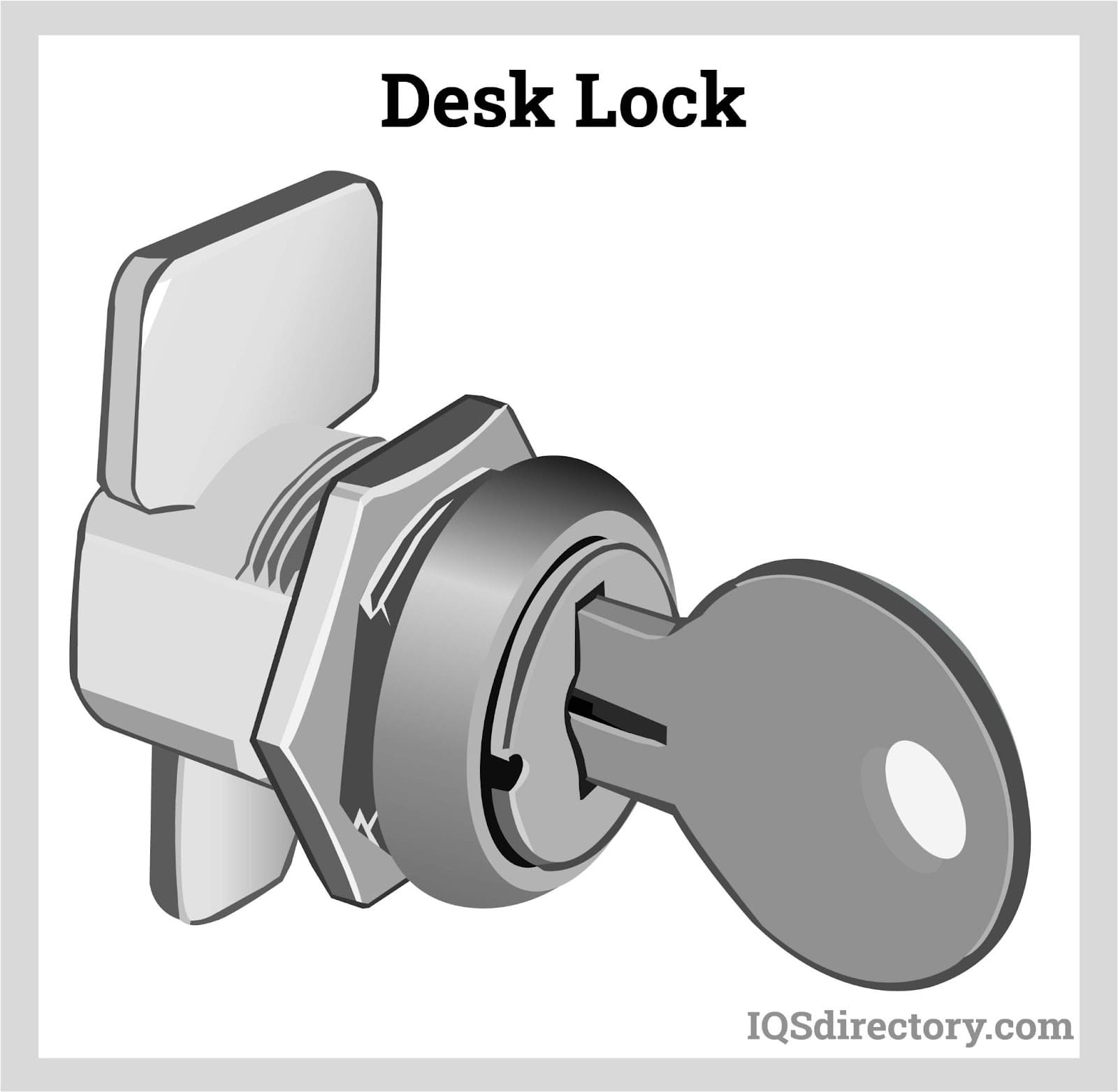
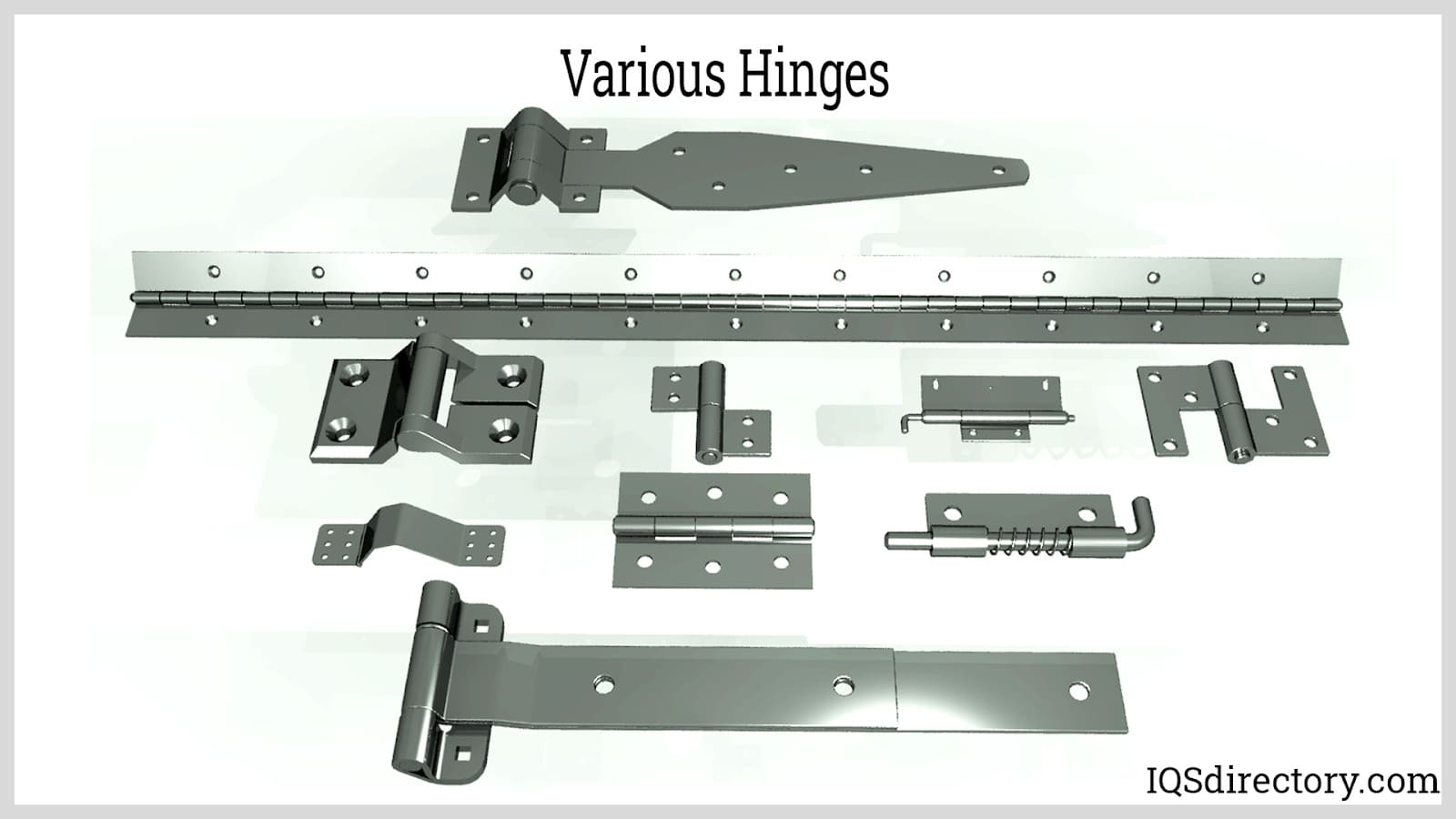
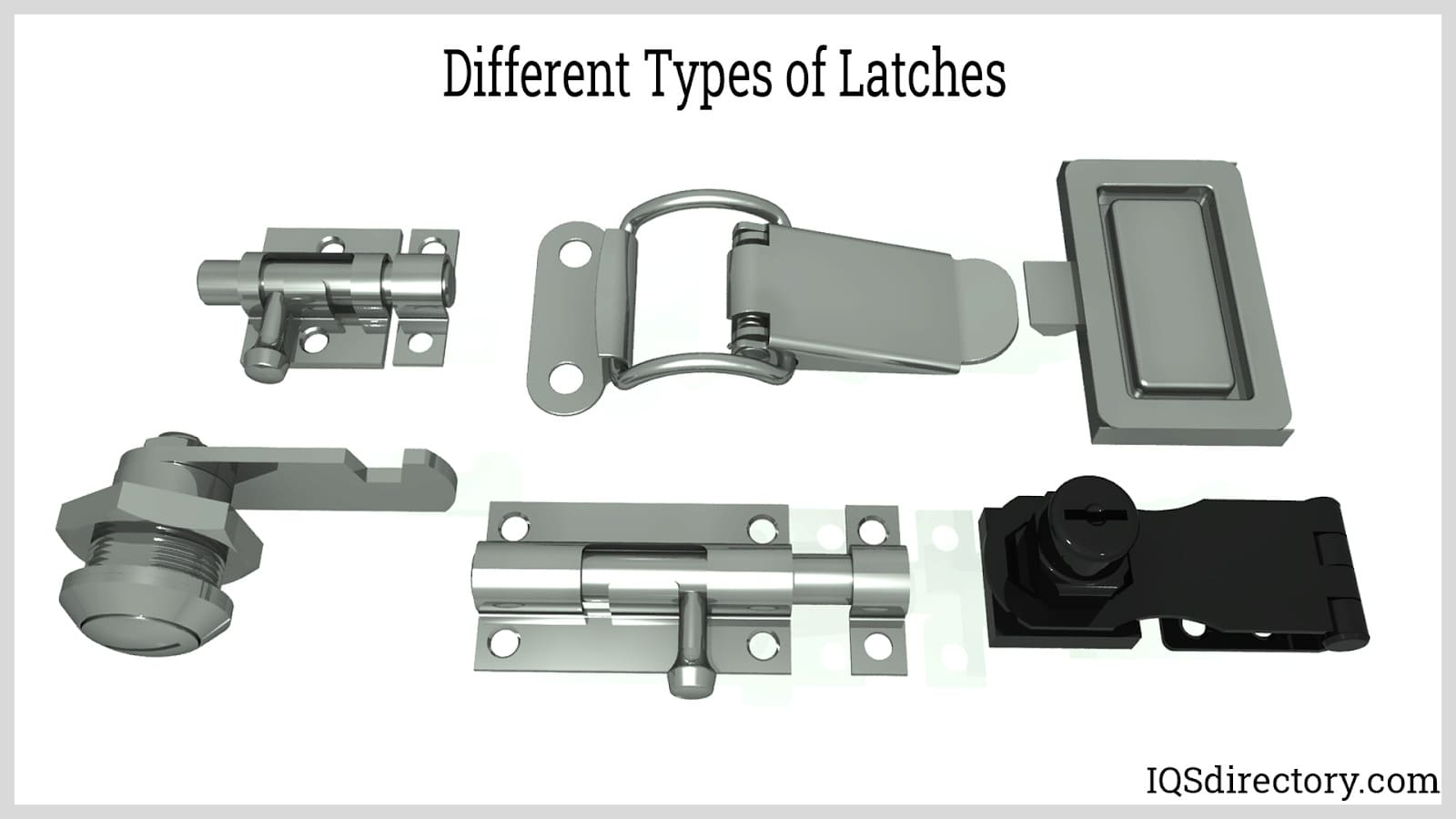
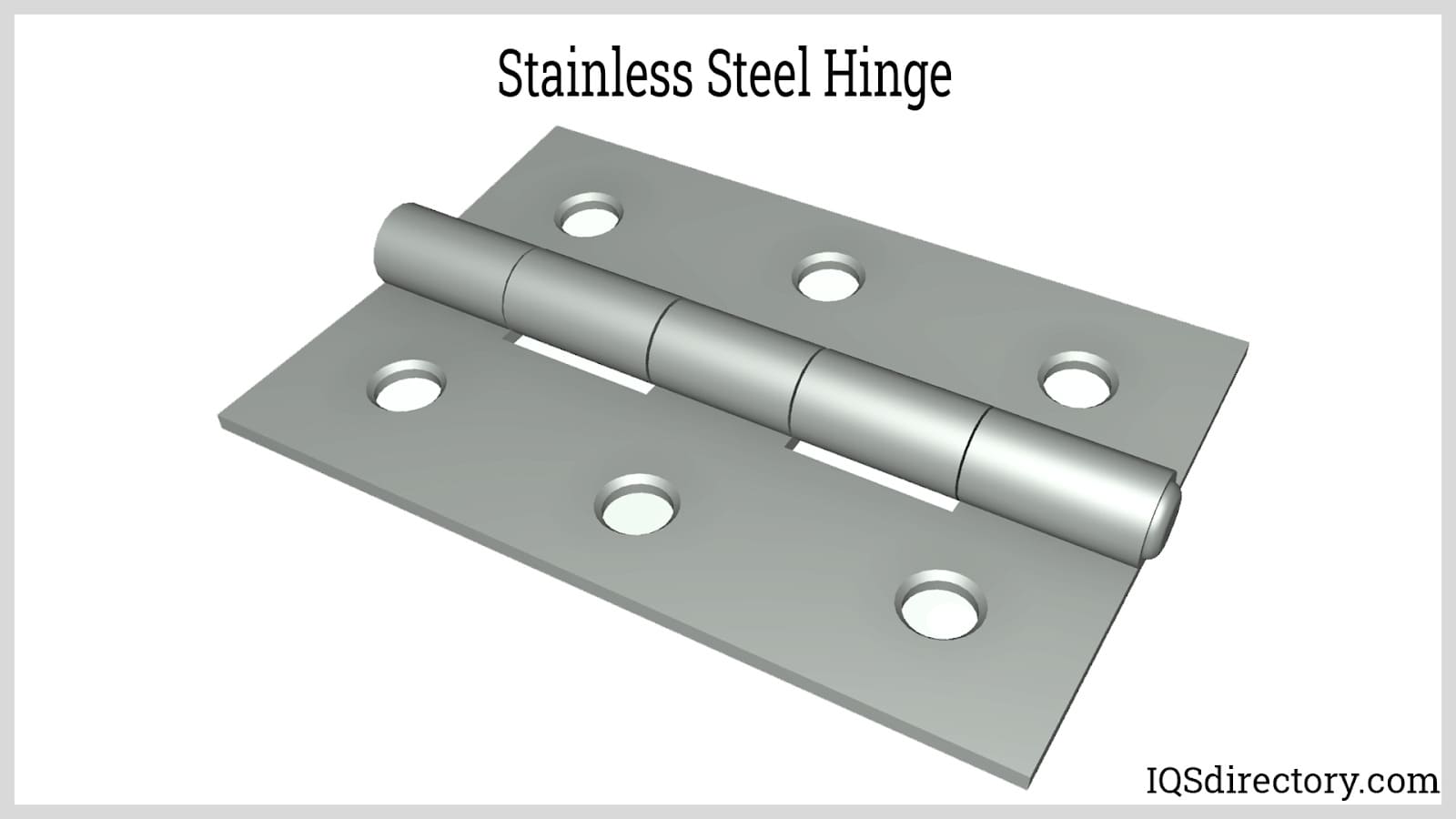
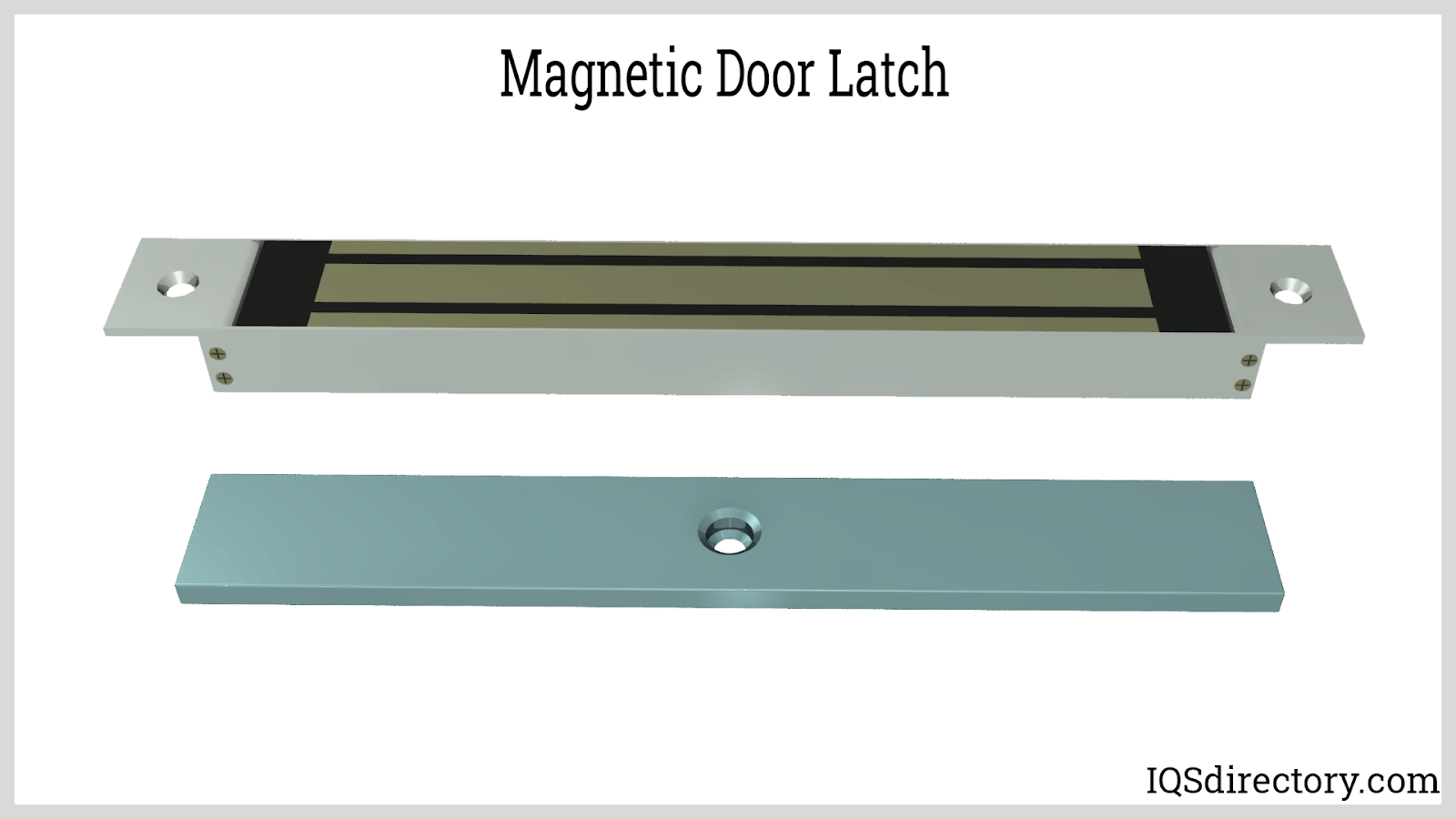
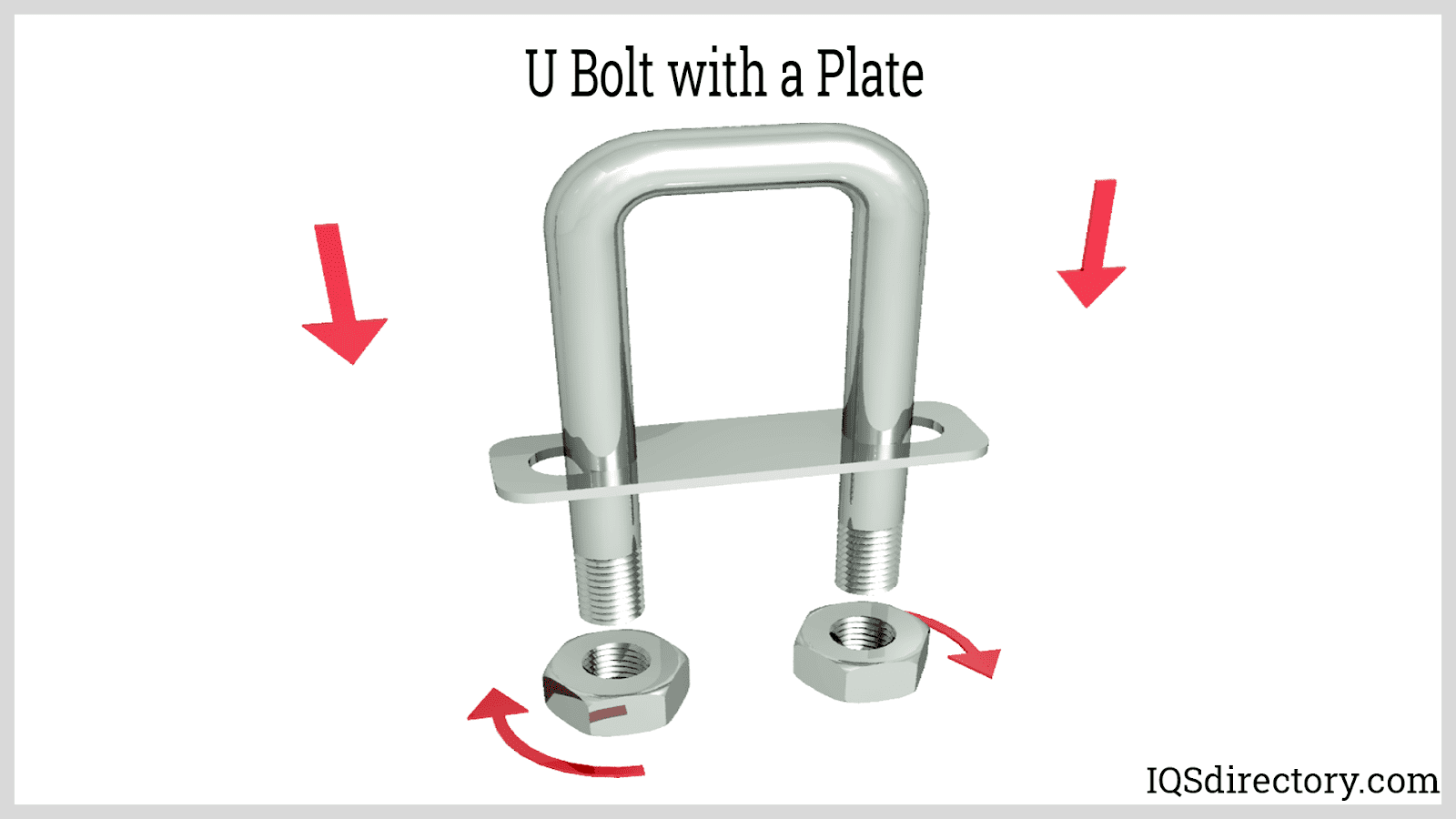
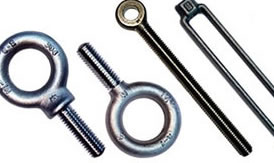 Bolts
Bolts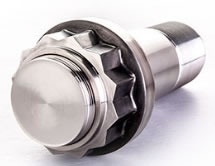 Fasteners
Fasteners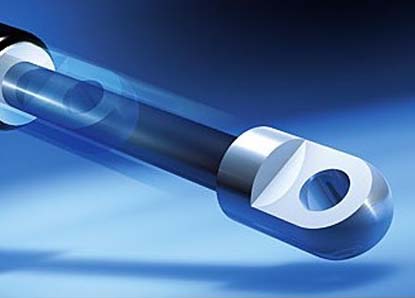 Gas Spring
Gas Spring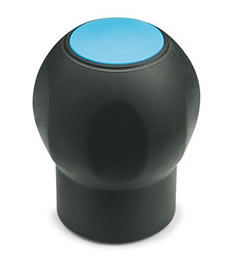 Handles
Handles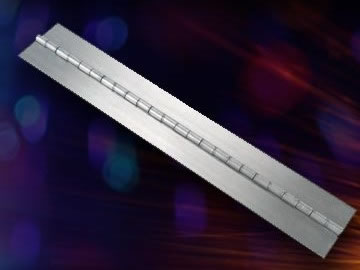 Hinges
Hinges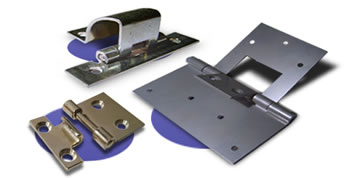 Latches
Latches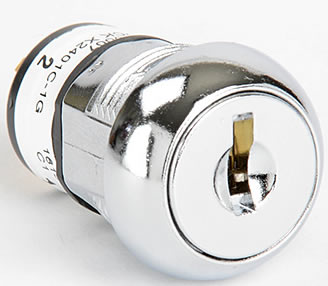 Locks
Locks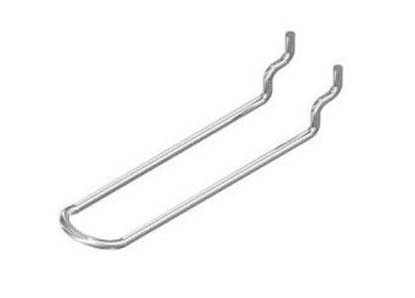 WIre Hooks
WIre Hooks Castings & Forgings
Castings & Forgings Bulk Material Handling
Bulk Material Handling Electrical & Electronic Components
Electrical & Electronic Components Flow Instrumentation
Flow Instrumentation Hardware
Hardware Material Handling Equipment
Material Handling Equipment Metal Cutting Services
Metal Cutting Services Metal Forming Services
Metal Forming Services Metal Suppliers
Metal Suppliers Motion Control Products
Motion Control Products Plant & Facility Equipment
Plant & Facility Equipment Plant & Facility Supplies
Plant & Facility Supplies Plastic Molding Processes
Plastic Molding Processes Pumps & Valves
Pumps & Valves Recycling Equipment
Recycling Equipment Rubber Products & Services
Rubber Products & Services